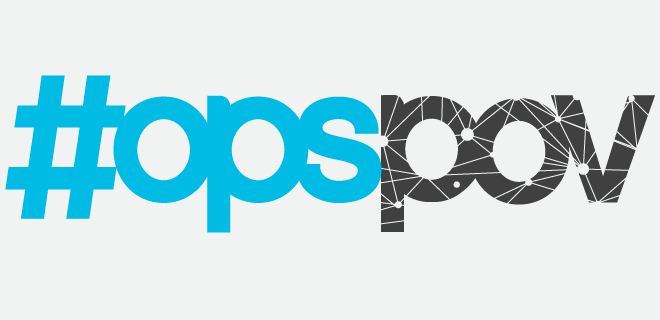
Last week at the BrightRoll Video Summit during Advertising Week, I heard Ben Jankowski (Group Head of Global Media at MasterCard) say, “If you’ve figured out programmatic, you’re either a genius or an idiot.”
I feel confident saying I haven’t figured out programmatic, and I hope this improves my odds on being a genius (50/50 isn’t good enough for me). But the comment sparked a thought which reached deep into my Economics background on what, exactly, it means to “figure out” something like programmatic.
After all, programmatic is simply a mechanism for determining the price of a product. While there can be many products available in the programmatic system (ad positions that reach various demographic, geographic, psychographic and behavioral groups), the programmatic system simply matches buyers to sellers. As such, it is really just an automated market.
It occurred to me, across history, there have been many people who believe they have “figured out” markets. Certainly some have been more successful than others in markets: Warren Buffett, Cornelius Vanderbilt, Jesse Livermore, Bill Gates, and John D. Rockefeller all leap to mind. Each one has/had a style and approach to their own niche markets or the broader market. Each has/had been successful. But all had their own fair share of failures, too. It’s likely they all would agree with Ben Jankowski that they hadn’t figured out markets. Mainly because markets can’t be “figured out.”
It’s possible to rig markets, and it’s possible to find short-term beneficial arrangements that allow you to derive premiums in markets. But these are unusual situations, and the way markets behave, they will eventually shift away from these situations, ultimately bringing themselves back into balance. Any rigging or beneficial arrangements dissolve over time, sometimes quickly and precipitously – to the detriment of those engaging it.
It’s the classic option of substitution effects in Economics. If ads for cooking sites are expensive in a market, the buyers will find a substitute at a lower rate. On the other hand, if publishers see ads are going at a premium rate for cooking content, they will create more content and drive prices down.
Both reactions produce a downward shift in pricing and programmatic sales will likely magnify the reactions due to their near-real-time nature. In old direct sales markets, it would take a few months for that information to filter through the market and drive prices down. Today, the information spreads much more quickly and efficiently.
“Figuring out” markets is best described as being able to shift efficiently based on changing needs and requests. Railroad companies are not as big today because they thought they were in the railroad business, not the transportation business. Their ability to shift was impaired by the myopic vision they utilized. On the other hand, a company like GE is still around because it redefines itself elegantly year after year.
The same kind of nimble behavior is required in programmatic sales, as well as on the buy side. Ability to shift does not imply one has “figured out” programmatic or even markets, but that one is capable of efficiently recognizing the signals that prices and inventory have provided within the programmatic environment, and adjusted accordingly.